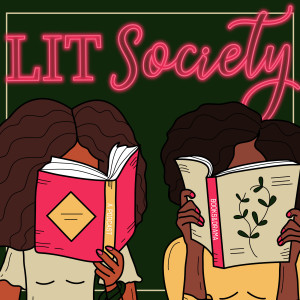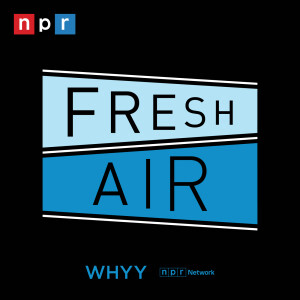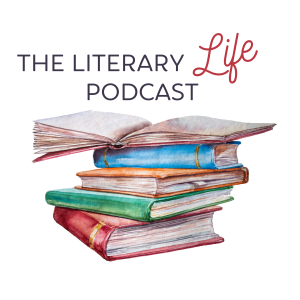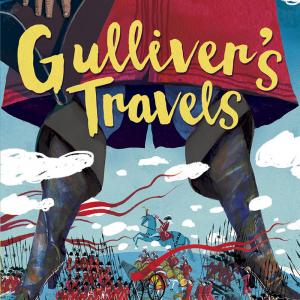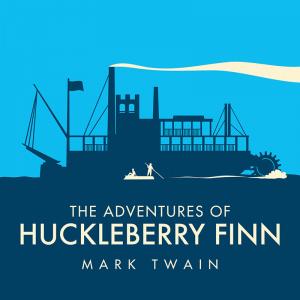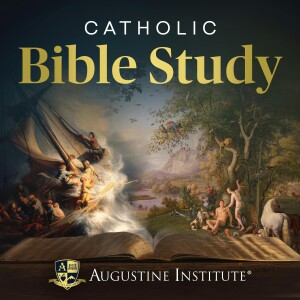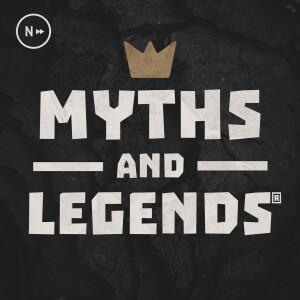

Award-winning Vermont poet Neil Shepard, whose latest book,(T)ravel/Un(t)ravel, was published by MidList Press.This week I have four Write The Book Prompts to offer, thanks to Neil Shepard's generous suggestions. The first focuses on poetic identity. 1. Select at least six (6) items from the choices below and mix them into an Identity Poem that reveals who you are (or some disguise of you, or some totally f...
Award-winning Vermont poet Neil Shepard, whose latest book,(T)ravel/Un(t)ravel, was published by MidList Press.
This week I have four Write The Book Prompts to offer, thanks to Neil Shepard's generous suggestions. The first focuses on poetic identity.
1. Select at least six (6) items from the choices below and mix them into an Identity Poem that reveals who you are (or some disguise of you, or some totally fictional you). Add whatever other language you need to patch the disparate parts of the poem together. Here’s the list:
- briefly describe a significant or recurring dream
- what is your totemic animal, and why;
- which element (earth, air, fire, water) are you, and why
- borrow a phrase from a famous poem that fits your identity
- use a guide book on flowers, trees, birds, or stars to discover a few natural objects that correspond to your identity
- feed your full name into an anagram scrambler and select a few phrases that seem to describe you
- what truths do you live by (be specific)
- what lies do you live by (be specific)
- if you could be anybody who has lived on this earth, who would it be
- if you could be a fly on a wall, where would you like to land
- if you could be a ghost, who would you like to haunt
- what is your secret power and your secret weakness (other than kryptonite)
- a couple having sex
- a truck driver riding a big-rig across the Great Plains
- a machine operating in a factory
- a religious sermon
- a ping-pong match
- a rollercoaster ride
- a sky-dive
- an interrogation scene (either at a police station or in a courtroom)
4. This last prompt is for writers bored with "the self": The poet Phillip Levine has said about the autobiographical impulse: “Why would we want to write about ourselves, if we can imagine and write about anybody else in history?” For this exercise, adopt a historical figure – someone decidedly not you – who lived at least 100 years ago. Research the person, the historical period, the dramatic events central to the poem you will write, and then write the poem from this person’s perspective and voice. Remember to make the poem vivid and externalized – don’t create an abstract monologue that neglects references to the time, place, characters, and events of this historical period. (It helps to imagine a dramatic moment in time.)
So there you go, four prompts from Neil Shepard. Good luck with these exercises, and please listen next week for another!
Music credits: 1) “Dreaming 1″ - John Fink; 2) “Filter” - Dorset Greens (a Vermont band featuring several South Burlington High School students.
Comments (3)
More Episodes
All Episodes>>Create Your Podcast In Minutes
- Full-featured podcast site
- Unlimited storage and bandwidth
- Comprehensive podcast stats
- Distribute to Apple Podcasts, Spotify, and more
- Make money with your podcast
It is Free

